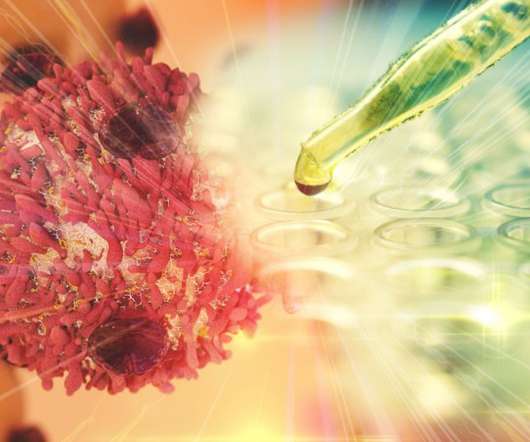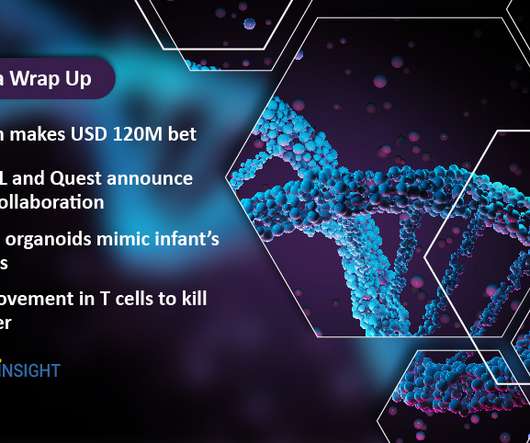Epigenetics discovery could lead to new class of cancer drugs
Drug Discovery World
MARCH 2, 2023
A new paper has solved the 20-year mystery of how epigenetic modifications act as traffic lights to control gene expression and could ultimately speed up the development of a new class of epigenetic cancer drugs. Epigenetics is still largely unexplored and referred to as the ‘dark matter’ of the genome.














Let's personalize your content